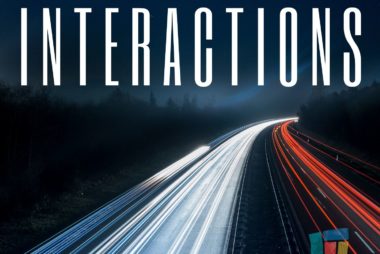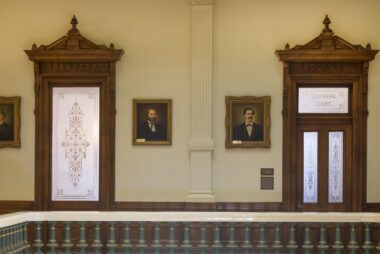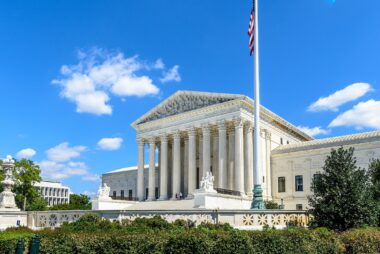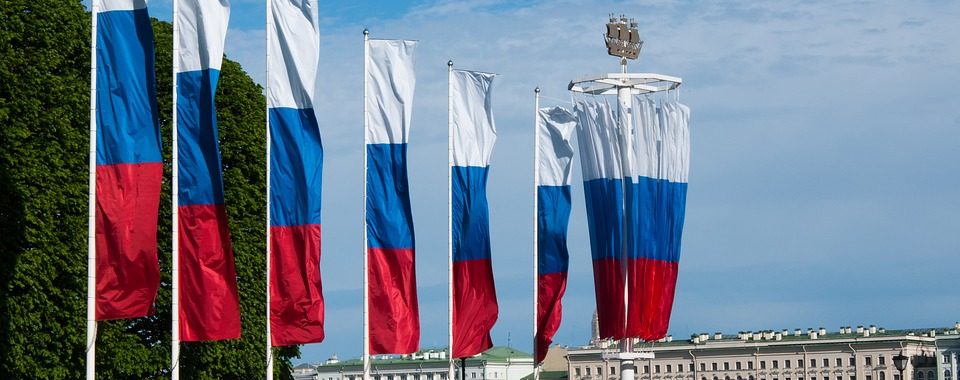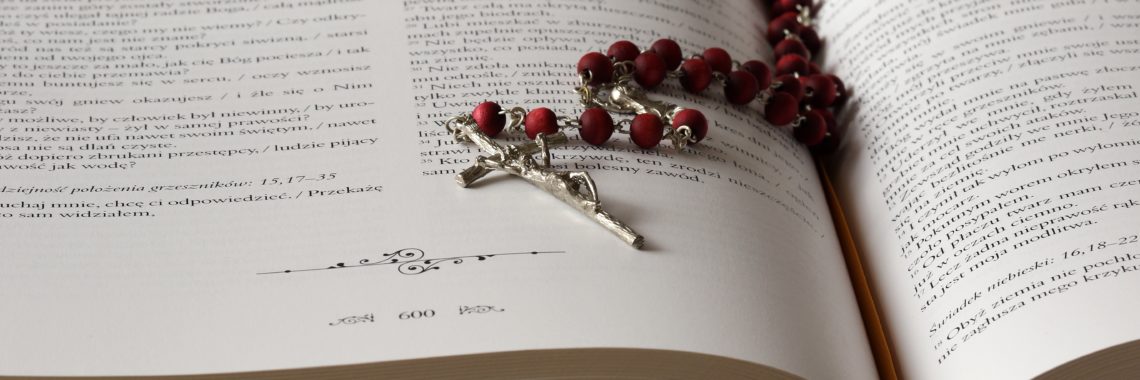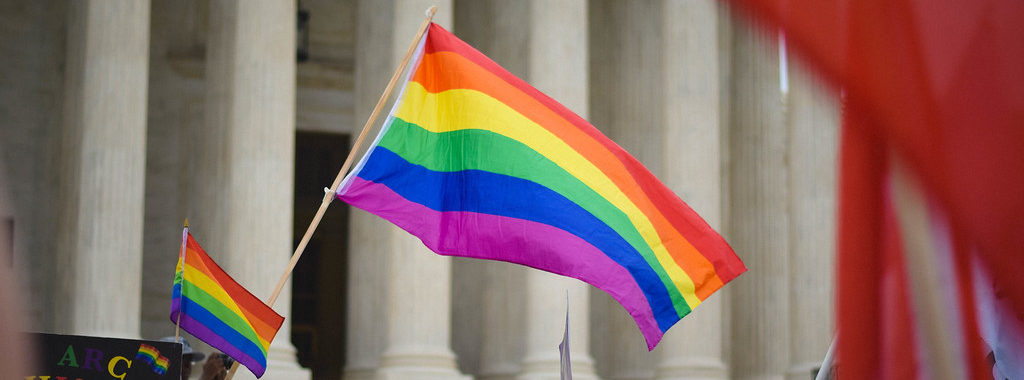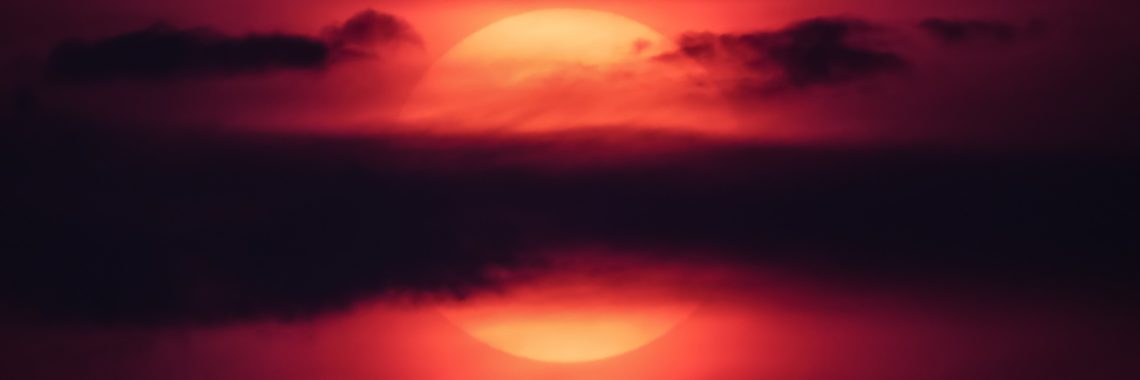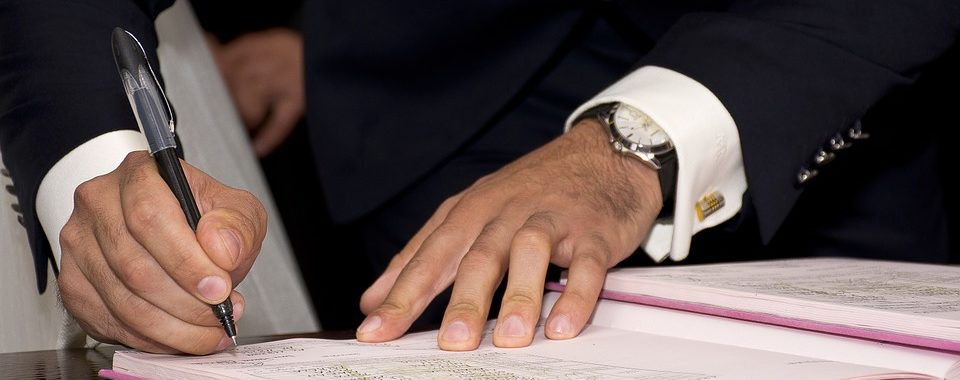“The Future of Religious Arbitration in the U.S.” by Lee Ann Bambach
Photo of Manhattan by wiggijo on Pixabay (CC0) A virtual conference sponsored by Canopy Forum of the Center for the Study of Law and Religion at Emory (CSLR) featuring scholars, experts and practitioners on the topic of religious arbitration. View the full video and browse all essays here. “The Future of Religious Arbitration in the U.S.”…



